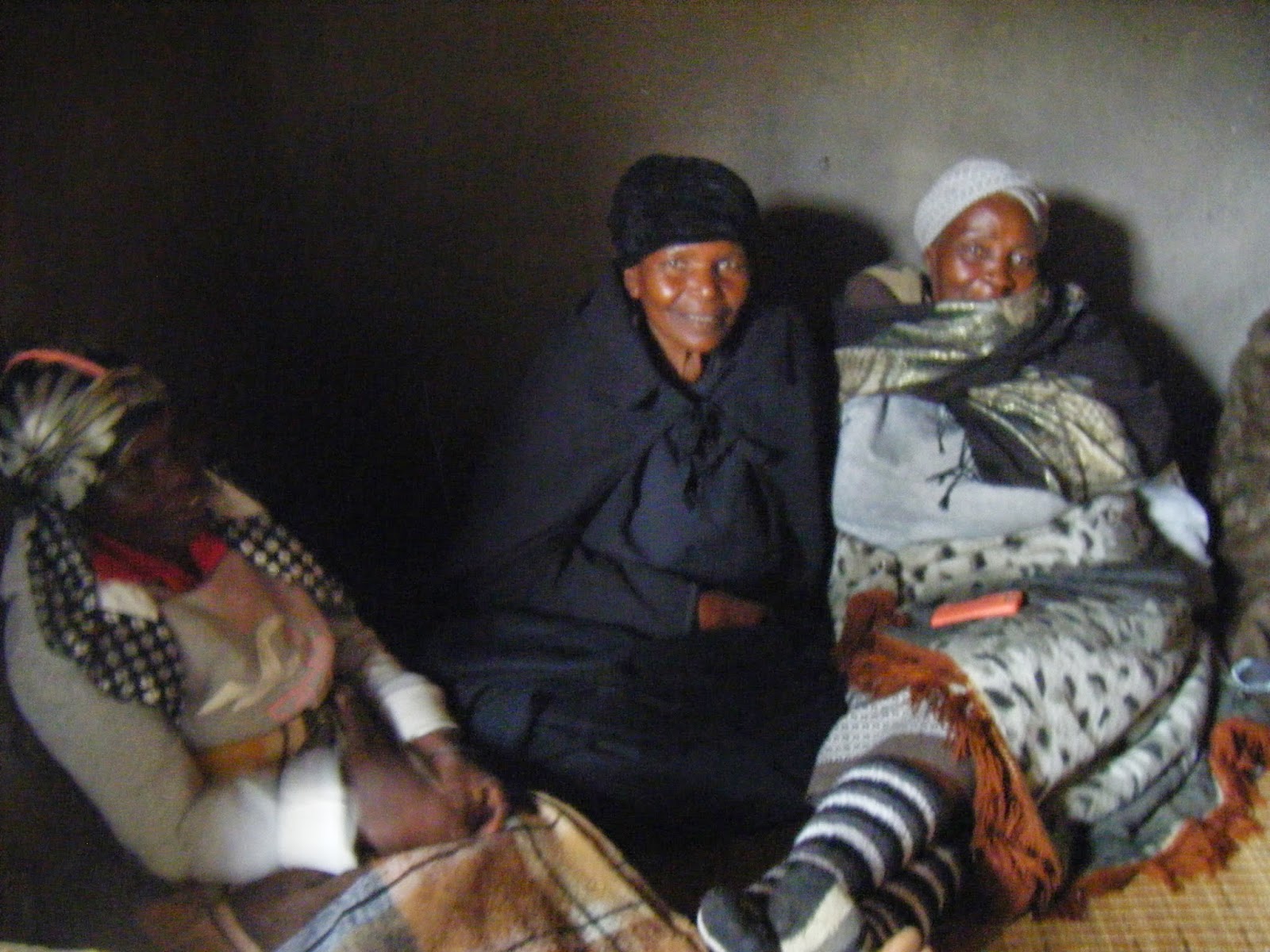THE SNAKE KING OF THE NGWEMPISI RIVER
The Snake King lives on the steep hinterland
Under the boulders and over the sand
He coils himself around the red stones
Squeezing the marrow from inside their bones
Their marrow runs fast, seeking the sea
Thus makes a river, and thus makes a tree
The Snake King sleeps in his watery lair
Biding his time before rising for air
And when he does
cross to the other side
He searches for fear to counter his pride
So he takes on a form of mortal temptation
A charming young man to the lucky young maiden
Lest she see his true tongue, he whispers devotions
Until in a trance, her feet move in motions
To the river she follows and sinks down below
Stuck in his lair where no mortal may go
And if she escapes, as the kidnapped can do
He raises his tail and the thunder rolls through
He must be appeased, the villagers say
And pray to a god much newer than they
The Snake King just laughs at their innocent crime
As he slides back below, merely biding his time
_________________________________________
IN THE VILLAGE OF PAKA
In the village of Paka
Sits a most ancient tree
And beneath it are buried
The chiefs regally
But no children must play there
And no lovers embrace
And the tree must keep growing
Expanding its place
And if you dare enter
The leaves spread so wide
It will swallow you whole
And spit out your hide
_______________________________________
The Devouring
So if the perfume’s pungent
Then that is why I’m here
To smell your legs
And eat your eyes
And bring the crowd to tears
A doorway stands
Between us though
And sideways I shall crawl
To clutch your feet
Beneath the stones
Before I make you fall
And I’ll slide up your body
Til my eyes can eat yours
Then we’ll sit relaxing
Upon the sated floor
__________________________________________
THE BORDER
All of that fate cannot have meant nothing
Riding down the mountains and into the plains
Driving hours beneath the escarpment
The sugarcane nodding complacently
The sun unforgiving in its angry warmth
As it convalesces with the road
And turns dust into water
The road
The sun
The escarpment
The sugar
And just you driving by
With me at your side
We stop at the border to stretch our legs
It is night now and the gates are quiet
Just some soldiers with guns
And a few trucks passing
Even the filling station is dark
We peer past the barbed wire
But we don’t cross
Just stand there with our passports out
Before we turn around and drive back through the night
Leaving our sticky souls
Side by side at the border
__________________________________________
TIMELINE TWO
I had my ticket
And was ready to go
The next morning of
A thousand years ago
If you had kissed me then
Would the words
Between my lips
Be a bible full of stories
For believers
To find us in?
__________________________________________
THE END OF AN ERA
You are an empire man
In the age of multiculturalism
Born to fight for king and country,
But neither of those exists anymore
The map is closed in, and you are always within it
Just less relevant and somehow less useful
You fumble and disregard definitions of modern manhood
Yours is a rugby field and a longing for the days
When being a man meant
Self-evident satisfaction
Joyriding through the bush
And sleeping with the coloured daughters of
the black women who raised you.
__________________________________________________

















